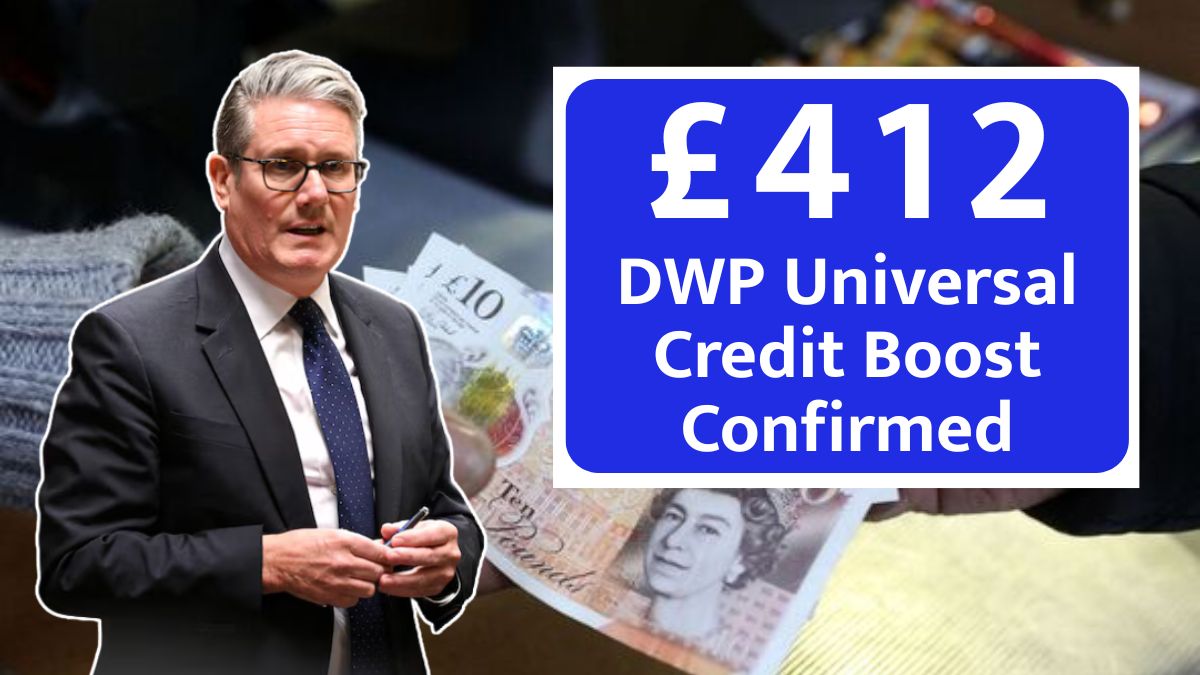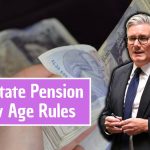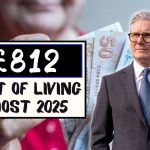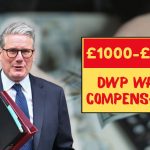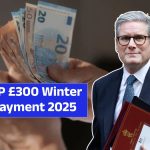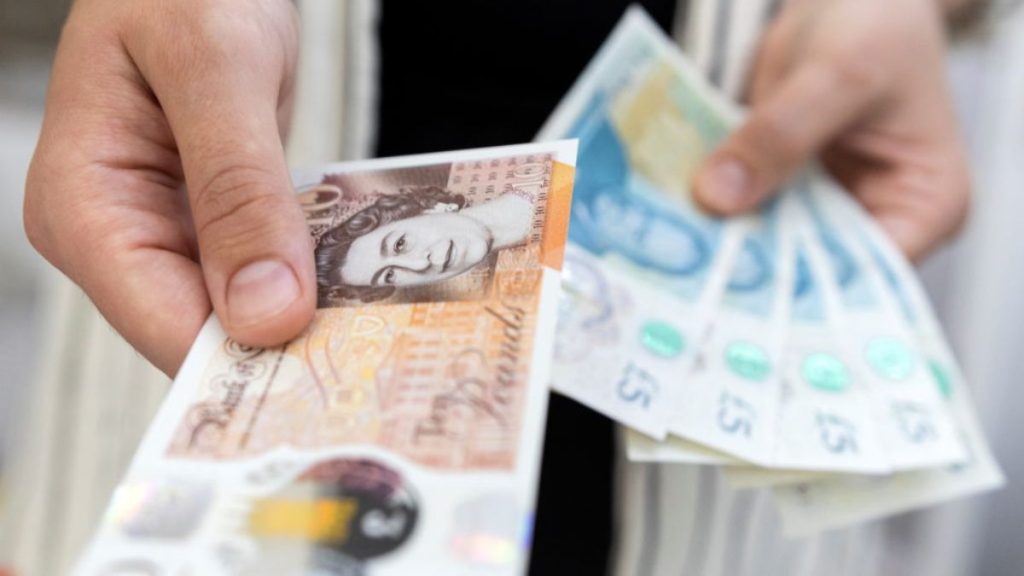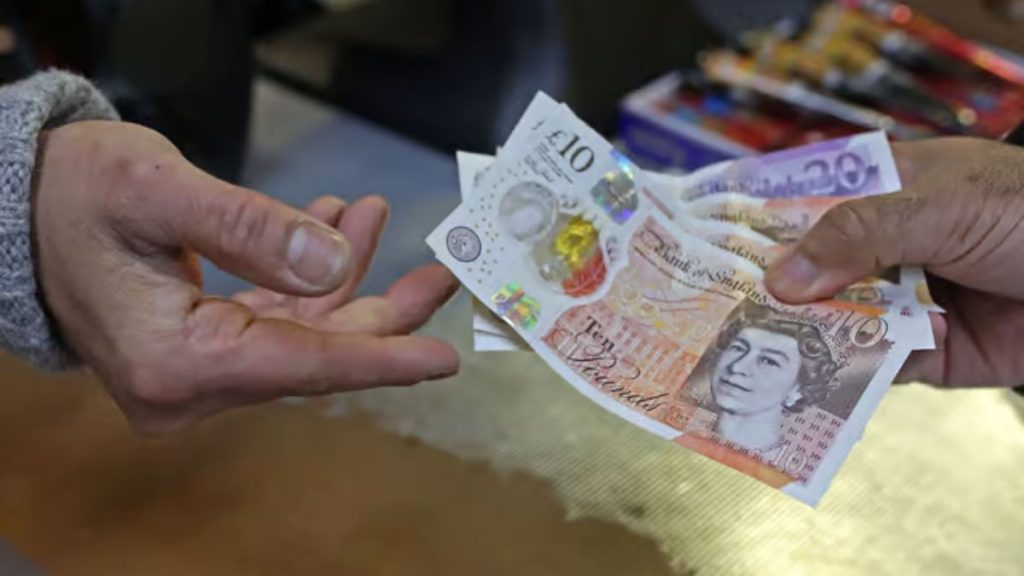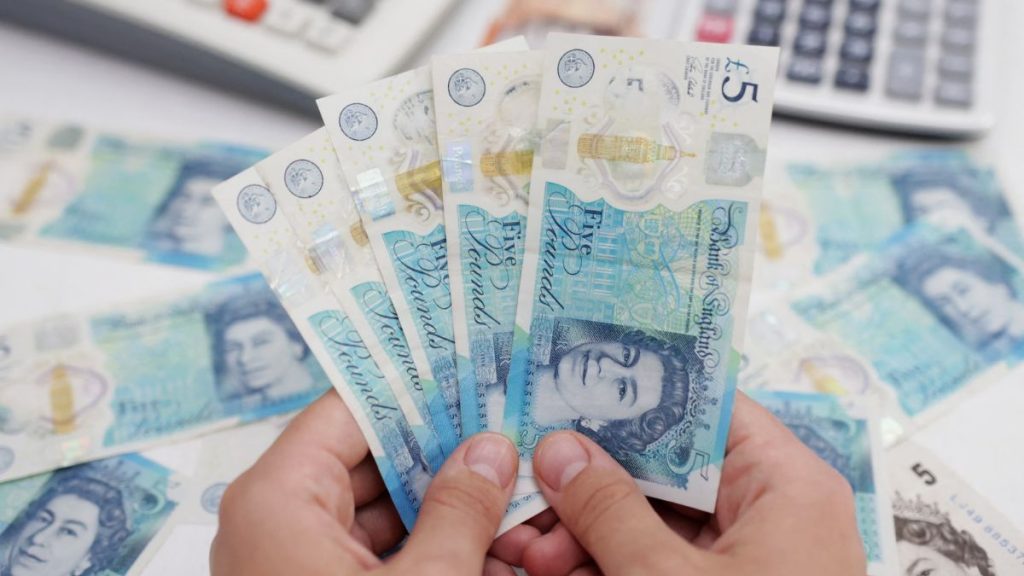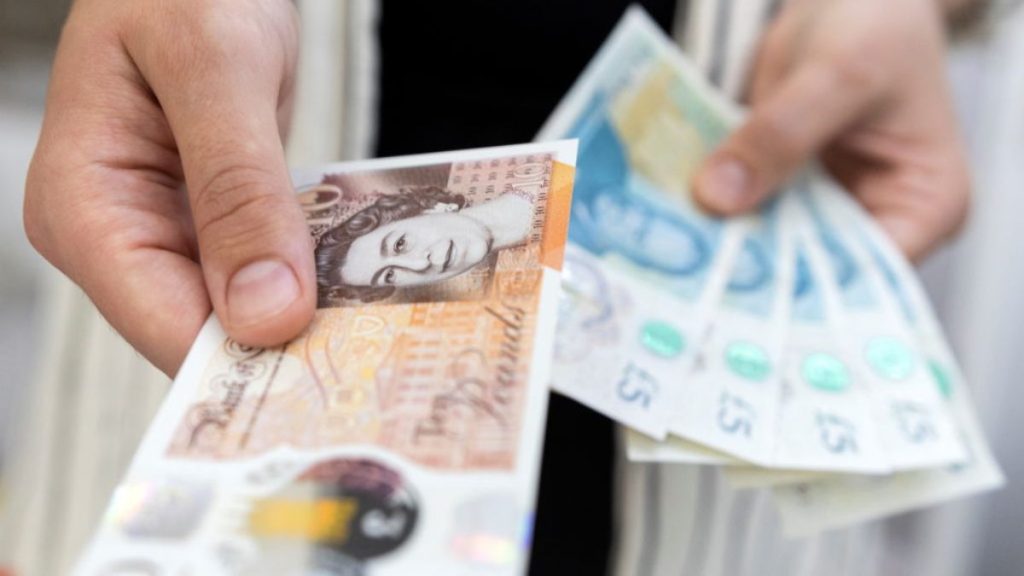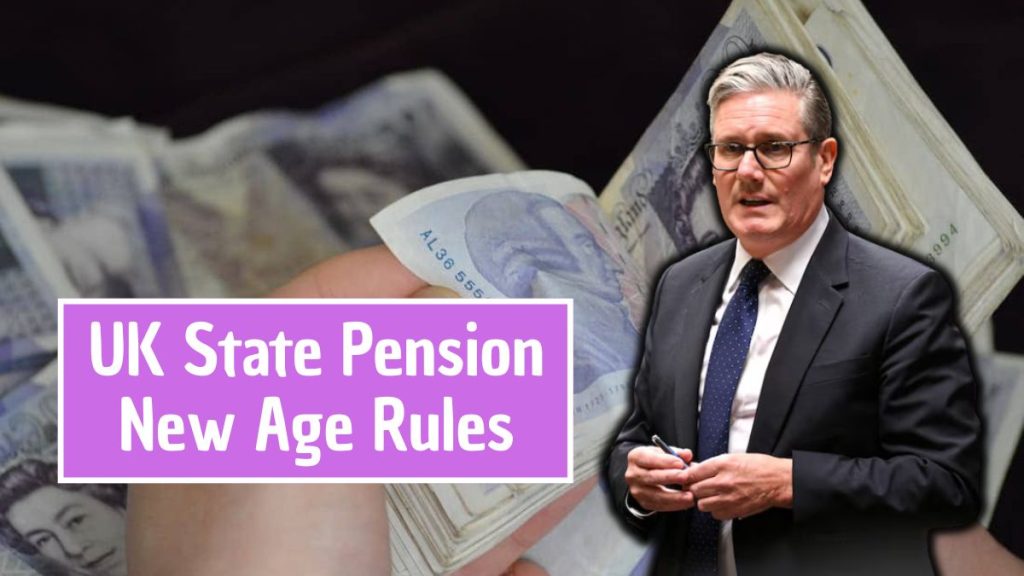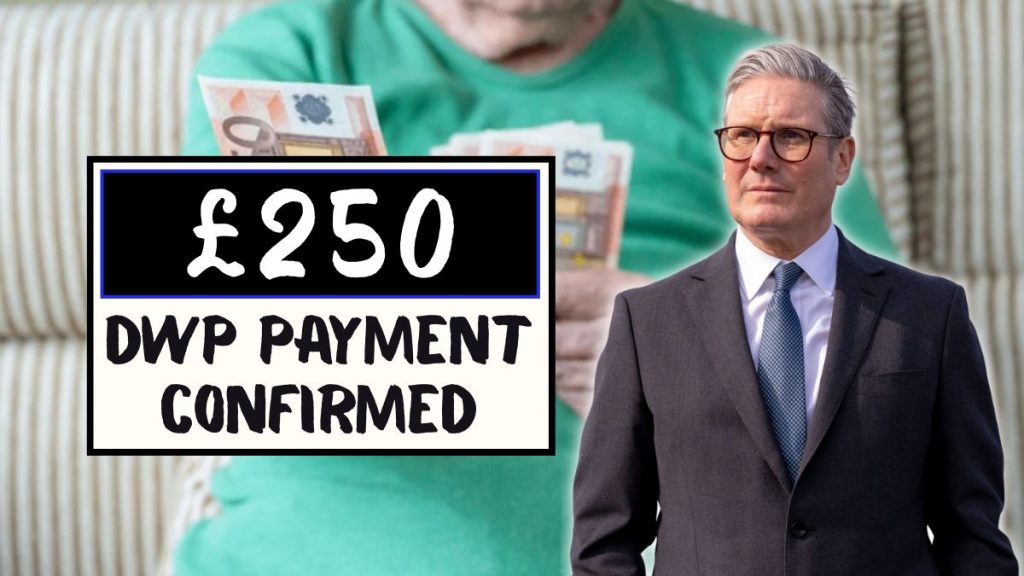With winter approaching the Winter Fuel Payment remains one of the most important forms of support for pensioners across the UK. This tax-free payment, provided by the Department for Work and Pensions (DWP), is designed to help older residents cope with rising heating costs.
But in 2025, there’s a new twist. High-income pensioners could see their payments reduced through an HMRC clawback, sparking questions about who will receive the full benefit and who may lose out.
This guide explains everything you need to know: from eligibility and payment amounts to clawback rules, timelines, and financial planning tips.
What Is the Winter Fuel Payment?
The Winter Fuel Payment is an annual financial support scheme that helps pensioners cover the rising cost of heating during cold months.
- It is tax-free.
- It is separate from other benefits such as the Cold Weather Payment.
- It is usually paid automatically to those who qualify.
The main goal is simple: to ensure older residents can keep their homes warm without facing financial pressure during the harshest months of the year.
Who Qualifies for the 2025 Payment?
Eligibility for the 2025 Winter Fuel Payment is based mainly on age and residency. To qualify, you must:
- Be aged 60 or over during the qualifying week.
- Have lived in the UK for at least part of that week.
- Be in receipt of a State Pension or another qualifying benefit, such as Pension Credit, Income Support, or Universal Credit.
Most pensioners who meet these conditions will receive the payment automatically, with no need to apply.
How Much Will Pensioners Receive in 2025?
Payment amounts depend on age and household circumstances. The government has set the following ranges for 2025:
- Pensioners under 80: Around £250–£300.
- Pensioners aged 80+: Around £500–£600.
- Couples: If both qualify, separate payments may be issued.
This means the oldest pensioners living alone could receive the highest amount, while those living with another eligible pensioner may receive slightly less each.
How the HMRC Clawback Works
The most significant change in 2025 is the HMRC clawback, which applies to high-income pensioners.
Clawback means that if your annual taxable income exceeds a government-set threshold, HMRC can recover part or all of the Winter Fuel Payment.
It applies mainly to those with:
- Large private pensions.
- High returns from investments and savings.
- Other significant taxable income.
HMRC will issue guidance outlining income thresholds and exactly how much could be deducted.
Why Has the Clawback Been Introduced?
The government says the clawback is meant to target funds to those most in need.
With public finances under pressure and inflation driving up costs, ministers argue it is fairer to ensure that lower and middle-income pensioners get full support, while wealthier retirees contribute more.
This policy also prevents the government from spending taxpayer money on households that can comfortably afford heating costs.
When Will the Payments Be Made?
The DWP normally sends Winter Fuel Payments between November and December each year. For 2025:
- Payments will be processed automatically.
- Money will be paid into the same account used for pensions or other benefits.
- Bank statements will show the reference: “DWP Winter Fuel Payment”.
Pensioners should check their bank accounts regularly and report any missing payments immediately.
What Pensioners Should Do If Facing Clawback
If you think you may be affected by the clawback, here are some steps:
- Review your taxable income for the year.
- Check private pension contributions and investment income.
- Contact HMRC if you’re unsure how much clawback applies.
- Seek financial advice to plan ahead and manage the impact.
Planning early helps avoid surprises and ensures pensioners are not caught off guard during winter.
Why the Winter Fuel Payment Matters
For many pensioners, this payment is essential. It helps pay for:
- Gas and electricity bills.
- Heating oil or solid fuel.
- Warm clothing, blankets, and insulation.
Without it, some pensioners might face the tough choice between heating their homes and covering other essentials. Even with clawback applied to high earners, the majority of pensioners will continue to receive the full benefit.
Interaction with Other Benefits
The Winter Fuel Payment is completely separate from other support. It:
- Does not reduce Universal Credit or Pension Credit.
- Is not counted as income for benefit purposes.
- Remains tax-free for most pensioners.
This ensures older residents can keep their payment in full, alongside other government support.
Planning Ahead for Winter Expenses
While the Winter Fuel Payment is vital, it may not cover all costs. Pensioners should prepare for:
- Rising energy bills.
- Home insulation and maintenance to reduce heat loss.
- Unexpected medical or household expenses.
Budgeting early and using the payment wisely ensures a smoother, less stressful winter.
FAQs – Winter Fuel Payment 2025
1. Do I need to apply for the Winter Fuel Payment?
No. Most pensioners will receive it automatically if they meet eligibility rules.
2. What if I’ve just started receiving a qualifying benefit?
If your claim is processed before the qualifying week, you should still receive the payment.
3. Will couples both receive the payment?
Yes. If both partners qualify, each can receive a separate amount.
4. Can HMRC really take back part of my payment?
Yes. High-income pensioners may face clawback if their taxable income exceeds the government threshold.
5. Can I spend the payment on anything?
Yes. While designed for heating, the payment can be used for any household expense.
